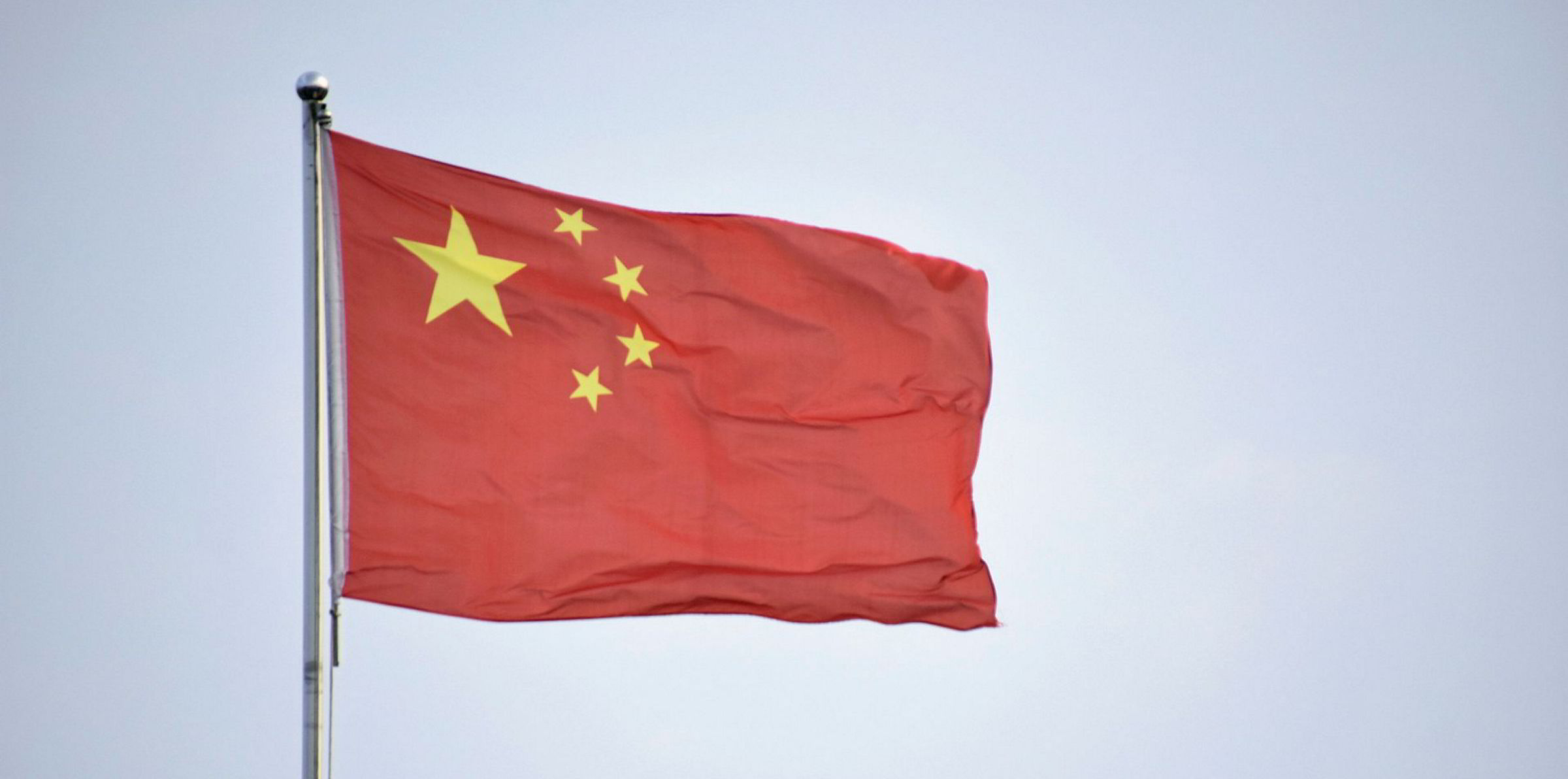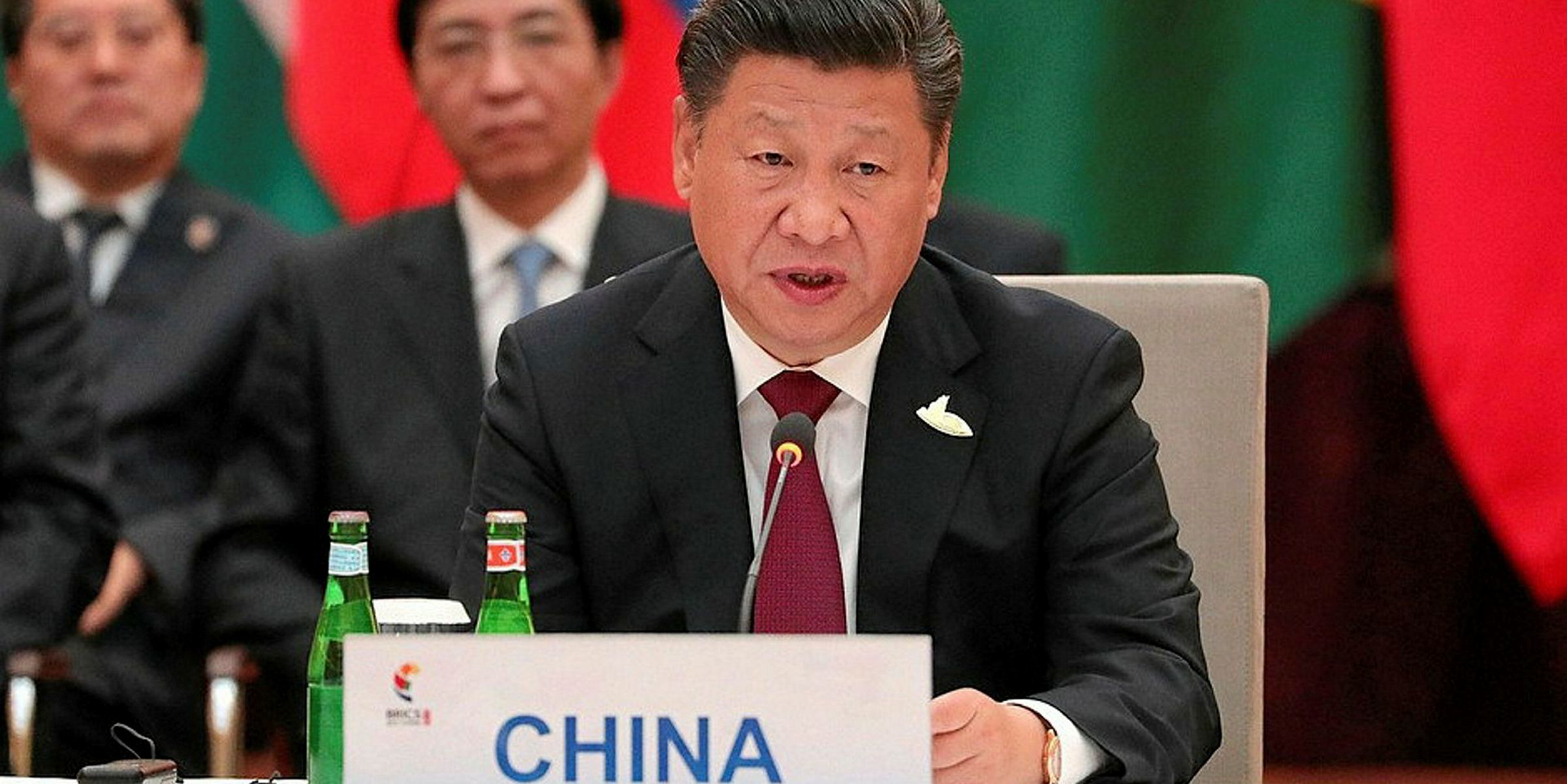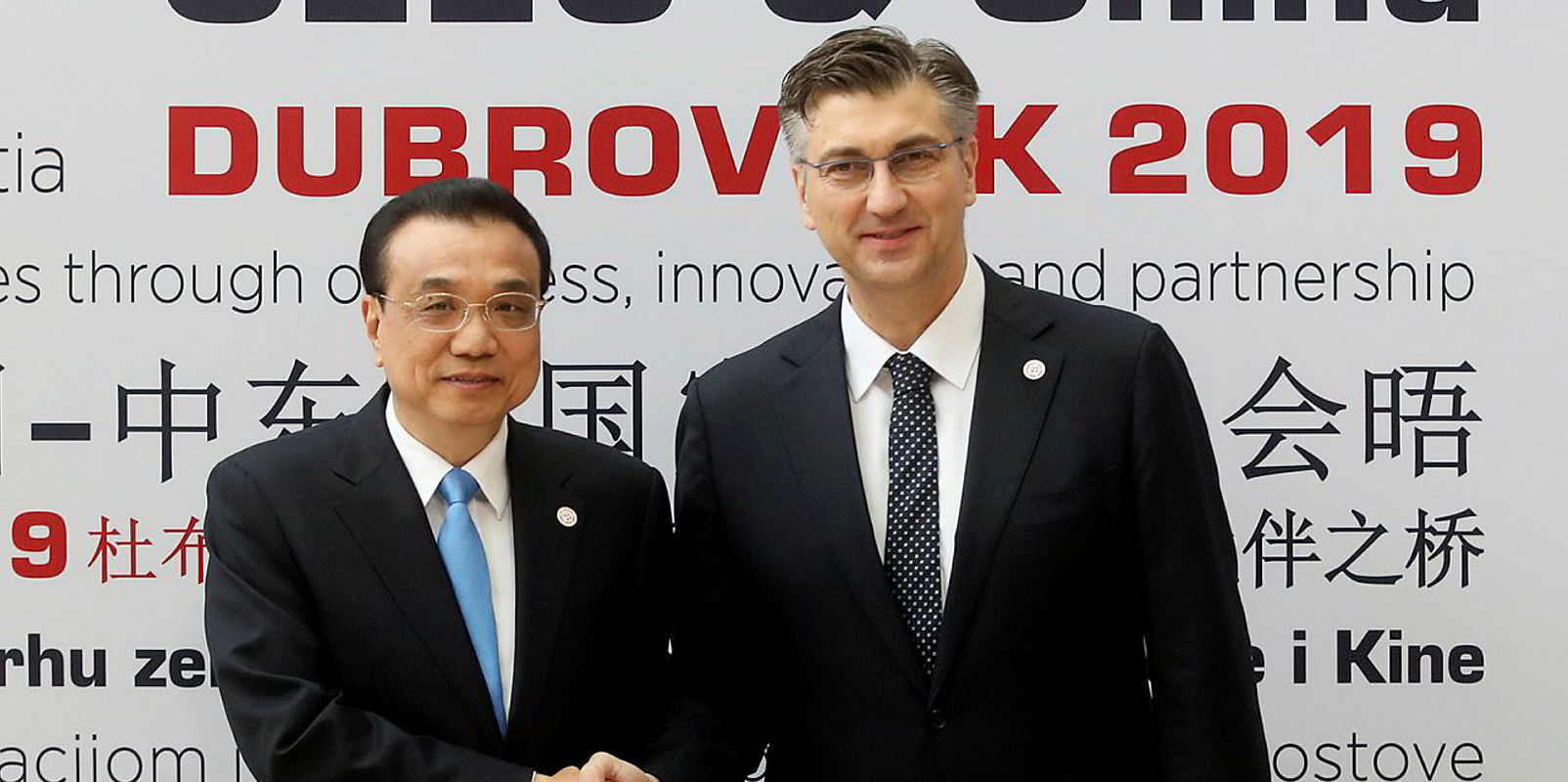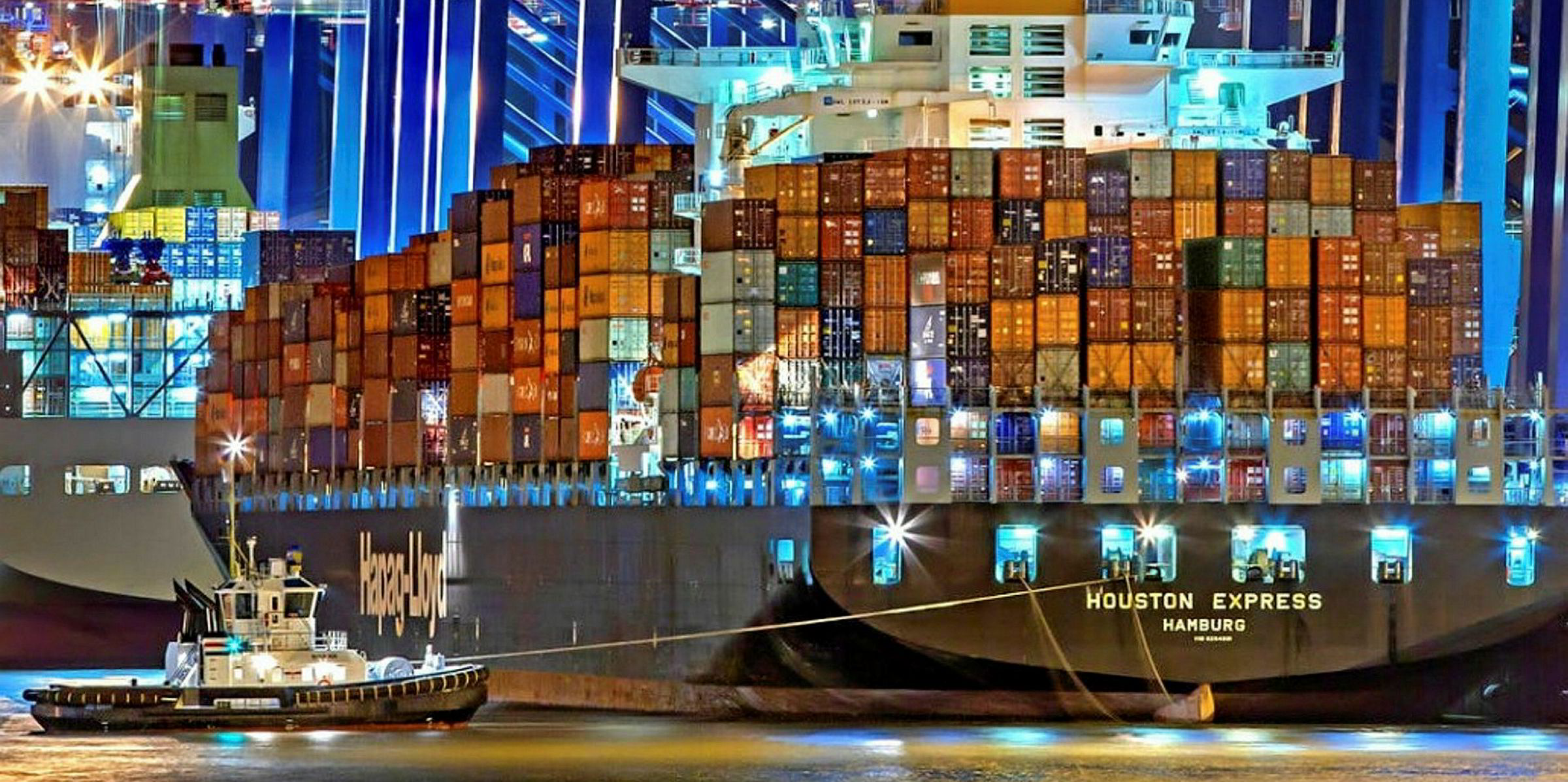It has been a lively week in the Sino-US trade war, and on one of its key battlefronts, the fighting over telecommunications powerhouse Huawei Technologies has taken an unexpected turn.
That is thanks to a "statistics obsessed" professor in Vietnam crunching data from thousands of Chinese CVs that make it seem increasingly certain that Huawei is a covert project of the People's Liberation Army (PLA).
Meanwhile, on another front, a high-level official statement has made it hard to view China's Belt and Road Initiative (BRI) project of port and overland infrastructure investment as one with purely commercial motives.
Military cooperation
At a Beijing meeting this week, defence minister Wei Fenghe told visiting officials of Caribbean and South Pacific countries that the BRI is a platform for military cooperation, and allowed the statement to be reported by state news agency Xinhua, although it contradicts the long-maintained position that the BRI has only peaceful purposes.
The two stories are linked at a deep level. In fact, the BRI is powered by and plugged directly into Huawei's global system.
Huawei's impressive and competitive bid to build the world's 5G network seemed almost an accomplished fact in much of the world until its ambitions collided with the Donald Trump regime's belligerent instincts on trade.
The company built most of Africa's 4G, has a 5G contract in place with South Africa, and can provide not just technical solutions but also Chinese state financing. It enjoys a similar lead in much of Asia.
House arrest
But now it is struggling with the scepticism of countries reluctant about putting their telecommunications in the hands of a Chinese company accused of spying for its government.
The high-profile debate over Huawei has had two separate strands: international trade and security policy.
The trade question is whether Huawei acts as a law-abiding corporate citizen of the world, or flouts global trade treaties and the laws of the countries whose markets it serves.
That is the issue that has put Huawei chief financial officer Meng Wanzhou under house arrest in Canada pursuant to a US extradition request, but it is in the end largely a legal question about trade practices.
Even if Huawei gear is kept out of national phone systems, Chinese-controlled ports could serve as a back door into the critical networks of the countries that host them
Christopher O'Dea
Mounting evidence
Meanwhile, the political question is whether Huawei is even a privately owned company as it has claimed, or an arm of the PLA with strategic rather than innocent commercial motives.
New data makes it increasingly hard to maintain the innocent hypothesis.
Last week, economics professor Christopher Balding of the Fulbright University of Vietnam — kicked out of Chinese academia in 2018 for his criticism of Beijing policy — presented a preliminary analysis of a large database showing that key Huawei staff claim not previous, but concurrent employment in PLA research units.
The Huawei 5G campaign on the digital side and the BRI on the physical infrastructure side may seem analogous, but separate expressions of China's will to soft power.
However, US trade hawks say Huawei's marine operation is a key component in a drive by China to "weaponise the global supply chain", in the words of researcher Christopher O'Dea.
Huawei Marine Systems, a joint venture with the UK's Global Marine Systems, has existing or planned cables linking Pakistan to Kenya, Hong Kong to Cambodia, Malaysia to Indonesia, Cameroon to Brazil.
Open door
Above the seabed level, BRI ports typically also use Huawei gear. When Cosco took full control of the port of Piraeus in 2016, one of its first moves was to install Huawei network hardware.
The US started warning allies in 2012 against allowing Huawei into their telecoms infrastructure. But O'Dea, in a summary of his research for US political news site National Review Online, said: "Even if Huawei gear is kept out of national phone systems, Chinese-controlled ports could serve as a back door into the critical networks of the countries that host them."
In June, faced with a US blacklisting, Huawei pledged to sell its share in the marine unit to a Chinese partner company, the Hengtong Group. But few critics believe this mitigates the security risk, and the move has drawn attention to the Huawei-BRI nexus, in which Huawei serves as the eyes and ears of Xi Jinping's global Belt and Road.






